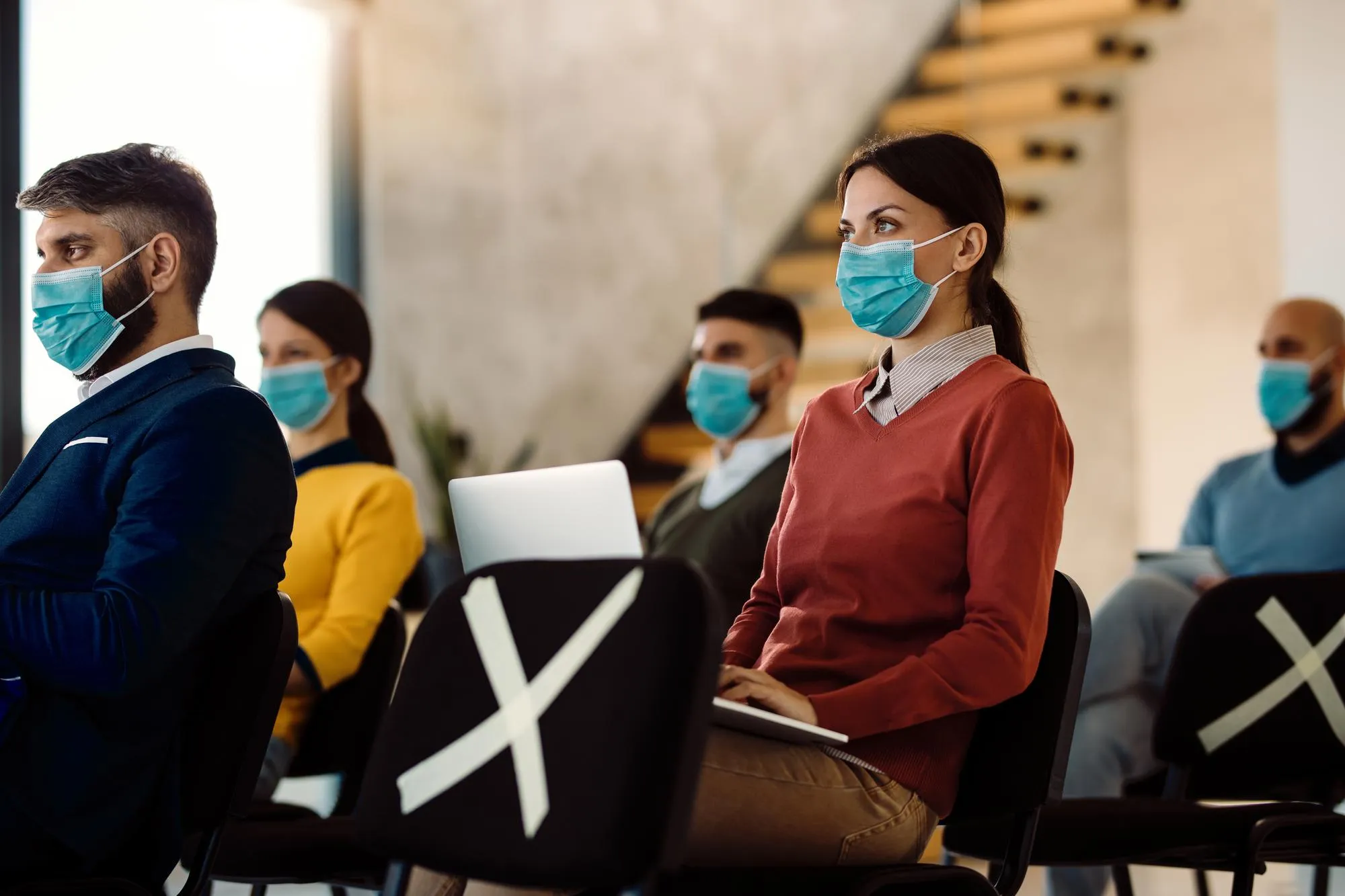Infectious disease outbreaks pose significant global challenges, requiring immediate action in treatment and control alongside strategic research to inform these responses. The urgency of these situations, however, does not bypass the fundamental need for ethical research practices. The recent recommendations from an expert panel, convened by the World Health Organization (WHO) Global Health Ethics Team and the African coaLition for Epidemic Research, Response and Training (ALERRT), address this need through a focus on “ethics preparedness.” This article outlines the panel’s findings and recommendations, aiming to facilitate efficient and sound ethics review during outbreaks, and reflects on the implications for future research conduct in health emergencies.
DOI: 10.1186/s12910-019-0366-x
The Imperative of Ethics Preparedness in Outbreaks
The panel’s work follows the acknowledgment that ethical standards should not be compromised even in the face of urgent public health crises. Ethics preparedness is posited as a fundamental aspect of the outbreak response, ensuring that research conducted during these times adheres to international guidelines and respects the rights of affected populations.
A workshop held in March 2018 provided the platform for discussions around ethics preparedness, with representatives of National Ethics Committees, among other stakeholders. The discussion pivoted on the development of practical procedures and processes that could be activated rapidly and effectively during a health emergency.
Recommendations for Ethics Review and Research Integration
The expert panel laid down several recommendations in their publication in BMC Medical Ethics. The report underscores the necessity for National Ethics Committees to develop a formal standard operating procedure for ethical review in the context of an emergency response. This includes a clear set of expectations and terminology, particularly around the pre-review of generic protocols, to streamline the review process during urgent situations.
One of the key areas highlighted was the need for multi-country ethical consultation and the harmonization of processes across borders. The panel recognized the potential for collaborative review to expedite research efforts while maintaining stringent ethical standards.
An emphasis was also placed on the coordination between national ethics committees, oversight bodies, and public health authorities. Consistent communication and clear channels for dialogue were seen as essential for effective and synchronized action.
Data and benefit sharing were highlighted as vital components of ethical research, with the panel suggesting that ethics committees should require researchers to submit a preliminary plan for both at the study’s outset, followed by a comprehensive plan subsequently.
The Role of Stakeholders in Implementing Recommendations
The realization of the panel’s recommendations demands engagement from multiple stakeholders. This includes the support of the WHO, relevant collaborative research consortia, and external funding agencies such as the Wellcome Trust. The active participation of these entities is seen as pivotal in making the proposed recommendations a practical reality in the response to outbreaks.
The endorsements focus not just on the readiness of ethics committees but also on how researchers approach the design and implementation of their studies during emergencies. It requires a balance between rapid activation and ensuring the research remains ethically sound and beneficial to the affected populations.
Reflections on the Outcomes of Ethics Preparedness
What emerged from the report is a comprehensive pathway to ensure that ethics review processes are robust yet flexible enough to meet the demands of a public health emergency. The practicality of these recommendations, if successfully implemented, could foster a more effective research environment during outbreaks, one where ethical assurance is not a hindrance but a facilitator of timely and impactful scientific research.
The panel’s work is pivotal in highlighting the importance of ethics in research, particularly amidst the complexities posed by infectious disease outbreaks. These recommendations serve as a guide not only for immediate response strategies but also as a template that can be adapted for future health emergencies, ensuring that research remains a bastion of ethical integrity even in the most trying of times.
Implications for Future Research and Outbreak Response
The implications of the workshop’s output are far-reaching. Enhancing ethics preparedness is more than a theoretical exercise; it ensures that research carries on without sacrificing ethical standards, that innovations and findings translate into tangible benefits for communities, and that there is equitable access to interventions generated from research. It is a step towards reconciling the urgency of outbreak response with the unwavering commitment to ethical principles in research.
The consistent theme through the recommendations is the promotion of readiness and collaboration. This readiness extends to the development of accessible, clear, and agreed-upon processes that can be activated rapidly when an outbreak occurs. Collaboration, particularly in the form of multi-country reviews and joint ethics consultations, is championed as a method to foster a united global response to health crises.
Keywords
1. Ethics Review Preparedness
2. Infectious Disease Outbreaks
3. Research Ethics during Emergencies
4. Global Health Ethics Guidelines
5. Public Health Crisis Response
References
1. Saxena, A., Horby, P., Amuasi, J., et al. (2019). Ethics preparedness: facilitating ethics review during outbreaks – recommendations from an expert panel. BMC Medical Ethics, 20, 29. doi:10.1186/s12910-019-0366-x
2. Keusch, G. T., MacAdam, K. P. W. J. (2017). Clinical trials during epidemics. Lancet, 389, 2455–2457. doi: 10.1016/S0140-6736(17)31602-1
3. Stellmach, D., Beshar, I., Bedford, J., et al. (2018). Anthropology in public health emergencies: what is anthropology good for? BMJ Global Health, 3, e000534. doi: 10.1136/bmjgh-2017-000534
4. Ni, L., Manolio, T., Patterson, A. P., et al. (2013). Research as a part of public health emergency response. New England Journal of Medicine, 368, 1251–1255. doi: 10.1056/NEJMsb1209510
5. Calain, P., Fiore, N., Poncin, M., Hurst, S. (2009). Research ethics and international epidemic response: the case of Ebola and Marburg hemorrhagic fevers. Public Health Ethics, 2(1), 7–29. doi: 10.1093/phe/phn037
The inclusion of informative and actionable recommendations, along with the proactive engagement of stakeholder bodies, position the findings from this expert panel as a beacon for navigating the turbulent waters of conducting research during infectious disease outbreaks. With a focus on readiness, swift action, and cross-border coordination, the groundwork has been laid for a responsive yet ethically sound approach to future public health crises.
